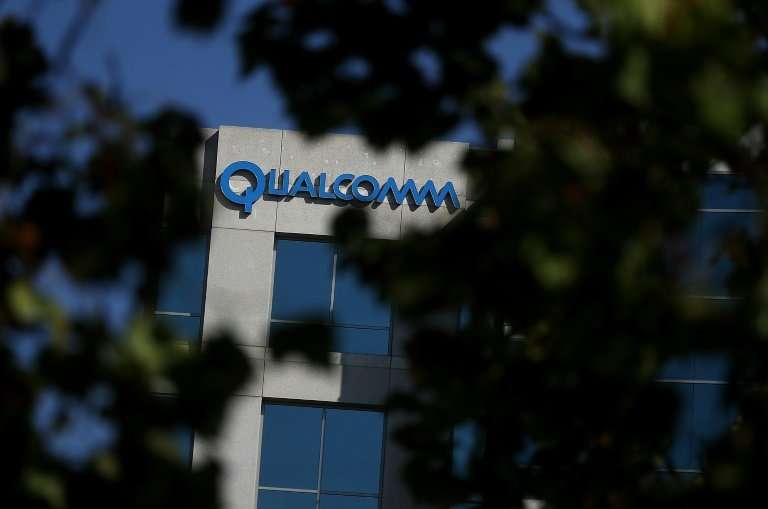China dodges blame for Qualcomm-NXP merger demise

China on Friday sought to deflect blame after US chipmaker Qualcomm dropped a merger with Dutch rival NXP over its failure to receive Chinese regulatory blessing, with Beijing saying it was still open to discussions.
The unexpected statement came a day after the American tech giant called off the planned $43-billion merger, which had failed to receive approval from Chinese antitrust authorities—an apparent casualty of ongoing trade tensions between Washington and Beijing.
The State Administration for Market Regulation (SAMR) said it "knows that Qualcomm and NXP have decided to abandon the transaction, and finds that regrettable".
"The results of our evaluation show that Qualcomm's latest plan cannot resolve competition issues... we hope to continue communicating with Qualcomm to find a solution within the review period."
It was not immediately clear whether the regulator's statement meant the deal could potentially be revived.
"Companies including Qualcomm, NXP are welcome to do business in China as long as they bring benefits to the Chinese people and help create a business environment that is international, lawful and convenient," SAMR added.
The tie-up was aimed at creating a diversified chipmaker combining Qualcomm's dominant position in smartphones and NXP's foothold in the market for chips that power "internet of things" connected devices.
Chinese regulators said the deal would have created a virtual monopoly with "deep and far-reaching" consequences.
Qualcomm said it would pay NXP a $2-billion break-up fee and begin a $30-billion stock repurchase plan.
China has voiced long-term plans to boost innovation and growth in its own high-tech sector, a strategy aimed at challenging US dominance and reducing Chinese reliance on foreign chips and other technology.
US Treasury Secretary Steven Mnuchin expressed disappointment that the deal fell through but sidestepped questions on whether it was related to the standoff with China.
Officials in Beijing have also denied any link between the merger's collapse and China-US trade frictions.
The US slapped 25 percent tariffs on $34 billion in Chinese goods and steep tariffs on steel and aluminium, and US President Donald Trump has said he is ready to impose tariffs on all $500 billion of Chinese imports.
This has prompted a tit-for-tat response, with Beijing hitting back with import duties on US goods.
On Thursday, Chinese regulators greenlit a proposed merger between French lens-maker Essilor and Luxottica, the Italian eyewear company that produces Ray-Ban and Oakley sunglasses.
The deal had already been approved in four other key markets—the US, Europe, Canada and Brazil.
But China's consent came attached with a list of conditions restricting the combined company's operations in China, including not selling eyewear below cost without justifiable reason.
© 2018 AFP




















